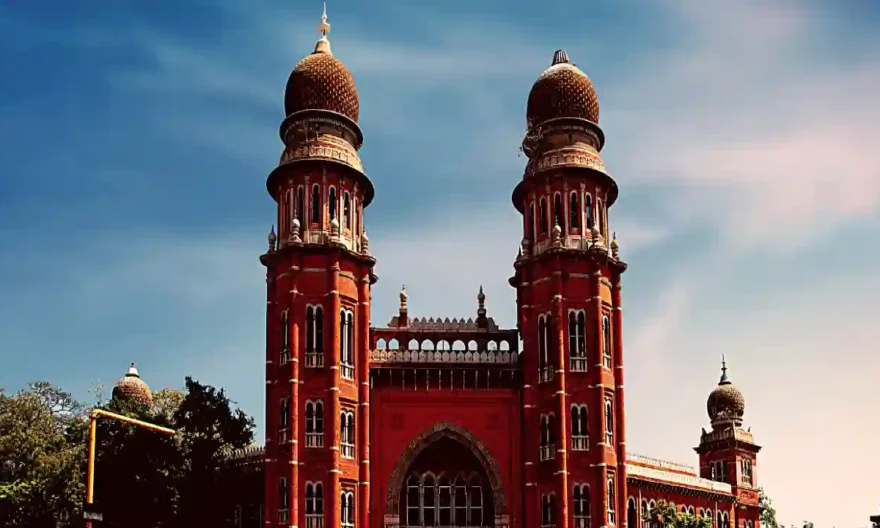
The Madras High Court recently held that a mother is a legal heir to her deceased daughter’s property and is thus entitled to claim arrears of the daughter’s alimony.
On April 21, Justice V Sivagnanam of the High Court dismissed a criminal revision application filed by one Annadurai, challenging a magistrate’s court order allowing his mother-in-law to recover maintenance arrears amounting to ₹6.2 lakhs, after his divorced wife died during litigation.
The Court stated that a combined reading of sub-sections 1 and 2 of Section 14 of the Hindu Succession Act made it apparent that maintenance arrears were to be recognised as both moveable and immovable property obtained under a decree.
The Court further added that according to the Transfer of Property Act, the arrears of maintenance will be in the “nature of heritable property.” However, the right to “future maintenance was not transferable or heritable.”
The petitioner husband asserted that the deceased’s personal right to maintenance was terminated when she died.
He contended that because the ability to claim support would have died with the divorced wife, her mother was ineligible to continue the proceedings and was not entitled to maintenance arrears.
The Court, on the other hand, stated that under Section 15(1)(c) of the Hindu Succession Act, a mother is entitled to her daughter’s property, and that principle would apply in the current case.
“There is no doubt that the right to maintenance is a personal right of the wife. In terms of future maintenance, the phrase “Action personalis moritur cum persona” (A personal action dies with the person) applies. The arrears of maintenance are a property of the wife, according to explanation 2 Section 14 of the Hindu Succession Act,” the High Court stated.
The Court agreed with the respondent counsel’s contention that, because a mother was entitled to her daughter’s property, the respondent mother was entitled to the arrears of maintenance accrued until her daughter’s death in the present case.
“According to Section 15(1)(c) of the Hindu Succession Act, the mother is entitled to her daughter’s property. In this case, the arrears of maintenance accumulated till the death of her daughter Saraswathi (the petitioner’s wife). As a result, the learned Judge correctly impleaded the mother of the deceased daughter (the petitioner’s wife) in the petition for arrears of maintenance. There is no flaw in the learned Judge’s judgement, no grounds to interfere with the impugned order, and no merit in the criminal revision case. As a result, the criminal revision case has been dismissed. Consequently, the High Court dismissed the related miscellaneous petitions.




